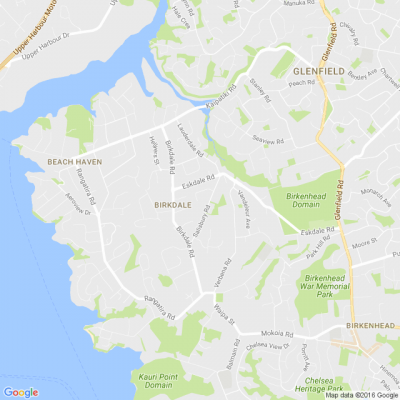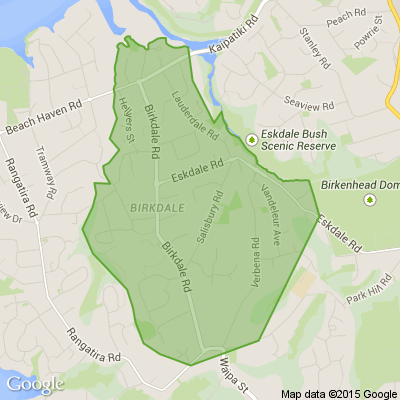Vine weeds, vine weeds, and more vine weeds...
If your garden seems to have disappeared somewhere under an unfamiliar...or all-too-familiar...mass, now is the time to reclaim it. And don't worry, in most cases it CAN be reclaimed, once you know what's going on in the jungle.
The explosion of moth plant pods in the neighbourhood, each burst pod's thousands of tiny seeds blown on the wind, means almost every garden is likely to have at least a seedling or two...and many have thousands. Easy to pull out as seedlings or very young vines, but hard to spot as they hug fences and trees to climb into the leafy canopy, where they match the greenery and hide their seed-filled pods.
Ivy is often unrecognised when mature, as it has a different shape and colour of leaf from the familiar dark green leaf. It also has hanging bunches of flowers which turn to little black berries, loved by blackbirds who deposit the seeds at their next stop.
Japanese honeysuckle also has little black berries, spread by birds in the same manner. These seedlings are becoming more common, and start new honeysuckle invasions as far as the birds' feeding rounds take them.
Now summer is over, bindweed has slithered to the ground, where its spaghetti-like runners, hidden under mulch, leaf litter or weedmat, will lie dormant till Spring. Runners scooped up easily now mean next year's vines will be much smaller, giving us a chance to control them before they overtake our shrubberies, small trees and new plantings.
Pink jasmine still has its pretty green foliage, often covering fences and entire areas of shrubs and small trees, emerging from under buildings, and climbing up to 10m high wherever it finds a tree.
While it may be interesting to sit back and wait to see what will be the Last Plant Standing, you may prefer to call us for a Garden Ecology assessment, advice on how to restore order without chemicals or digging, or a weekly application of our gardening service (or more often if you want rapid transformation).
See our Profile for website and contact info, call 021485994, or email jenny@northshorewilds.co.nz
Poll: 🤖 What skills do you think give a CV the ultimate edge in a robot-filled workplace?
The Reserve Bank has shared some pretty blunt advice: there’s no such thing as a “safe” job anymore 🛟😑
Robots are stepping into repetitive roles in factories, plants and warehouses. AI is taking care of the admin tasks that once filled many mid-level office jobs.
We want to know: As the world evolves, what skills do you think give a CV the ultimate edge in a robot-filled workplace?
Want to read more? The Press has you covered!

-
53.9% Human-centred experience and communication
-
14.3% Critical thinking
-
29.2% Resilience and adaptability
-
2.6% Other - I will share below!
Poll: Should complete designs be shared with the public, or should the community help shape the designs from the start?
The Post recently shared an opinion piece on the Harbour Crossing and why a more democratic approach might be needed 🚗🚲👟
While most decisions sit within the political arena, many organisations—like NZTA—manage long-term projects that go beyond party lines. Politics can sometimes disrupt progress, and the next Harbour Crossing is a big decision that will affect all Aucklanders.
We’d love your thoughts: Should near-complete, shovel-ready designs be shared with the public, or should the community have a hand in shaping the designs from the start?

-
81% Community feedback and transparency is needed.
-
19% No. This would be impossible in practice.
Have you got New Zealand's best shed? Show us and win!
Once again, Resene and NZ Gardener are on the hunt for New Zealand’s best shed! Send in the photos and the stories behind your man caves, she sheds, clever upcycled spaces, potty potting sheds and colourful chicken coops. The Resene Shed of the Year 2026 winner receives $1000 Resene ColorShop voucher, a $908 large Vegepod Starter Pack and a one-year subscription to NZ Gardener. To enter, tell us in writing (no more than 500 words) why your garden shed is New Zealand’s best, and send up to five high-quality photos by email to mailbox@nzgardener.co.nz. Entries close February 23, 2026.












 Loading…
Loading…








